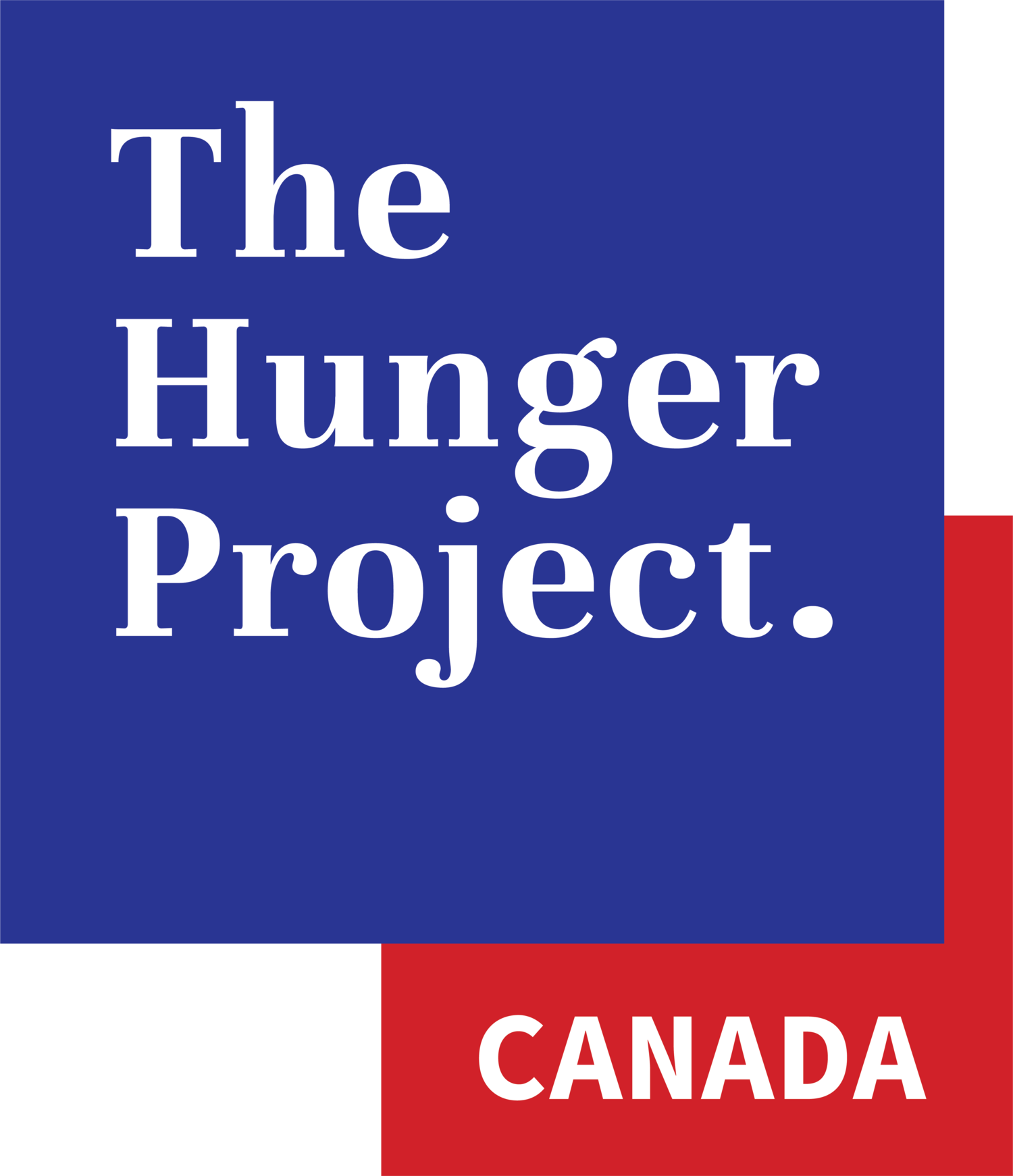Join the Board.
The Board supports The Hunger Project Canada and provides results-driven leadership and strategic governance. While day-to-day operations are led by the Executive / Country Director, the Board-Executive / Country Director relationship is a partnership and the appropriate involvement of the Board is both critical and expected. Specific Board Member responsibilities include:
Leadership, governance, and oversight
Oversight of the Executive / Country Director through the development and oversight of THPC’s strategic plan
Financial Oversight
Be informed of, and meet all, by-laws, codes of conduct, policies, and legal / fiduciary responsibilities
Represent The Hunger Project Canada to stakeholders, investors, and act as an ambassador for the organization
Monitor the performance of THPC in relation to its mission, objectives, core values, and reputation
Fundraising & Investments
As a Board Member, you must consider The Hunger Project Canada a philanthropic priority within your capacity to give - both in terms of your time and financial resources.
You must be willing to support the fundraising efforts in some way on behalf of The Hunger Project Canada - this can mean many things such as connecting with other investors, making connections and sharing our stories in your personal networks and beyond.
Board Terms and Participation
The Hunger Project’s Board Members serve a one year-term. Virtual board meetings will be held monthly.
Qualifications
This is an extraordinary opportunity for an individual who is passionate about ending chronic, persistent hunger. The following are considered key qualifications:
Belief that ending hunger is possible
Knowledge of the work of The Hunger Project and The Hunger Project Canada; Commitment to the organization’s vision, mission, values, purpose, and strategic directions
A commitment of time
Openness to learning
Belief in transformative leadership
A natural affinity for cultivating relationships and building consensus among diverse individuals
A strong network and community that share your values and believe in ending hunger, women’s empowerment, and/or community-led development
Willingness to support fundraising efforts
Knowledge in at least one of the following areas is considered an asset: Fundraising, Corporate Partnerships, Governance

